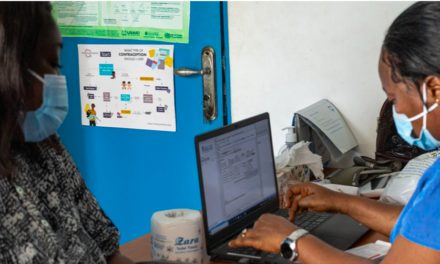New Delhi, February 1, 2025: The Economic Survey 2024-25 has highlighted growing concerns about the increasing consumption of ultra-processed foods (UPFs) in India, linking them to multiple chronic diseases and mental health issues. The survey, presented in Parliament on Friday by Union Finance Minister Nirmala Sitharaman, has proposed a ‘health tax’ to curb the rising intake of these nutrient-deficient products.
According to the survey, a wide range of UPFs—including sweetened breakfast cereals, soft drinks, energy drinks, fried chicken, and packaged cookies—have become integral to the modern Indian diet. The NOVA food classification system defines UPFs as industrial formulations composed of food-derived substances with additives like preservatives, sweeteners, and emulsifiers to enhance taste and shelf life.
Alarming Growth of UPF Consumption
The report attributes the surge in UPF consumption to their convenience, affordability, hyper palatability, and aggressive marketing tactics. Data from WHO India reveals that between 2011 and 2021, the value of retail sales in the UPF segment grew at a compound annual growth rate (CAGR) of 13.7 percent.
Research cited in the survey warns that increased reliance on UPFs exposes consumers to various health risks, including obesity, cardiovascular diseases, chronic inflammatory disorders, and even mental health challenges. Due to their low fibre content, these foods contribute to weight gain in both children and adults, potentially leading to long-term health complications.
Need for Regulation and Awareness
The survey underscores how misleading advertisements and celebrity endorsements have fueled the booming UPF market in India. Many processed food brands market themselves as ‘healthy’ despite being high in sugar, salt, and unhealthy fats.
“Misleading nutrition claims and information on UPFs need to be tackled and should be brought under the scanner,” the survey noted. It further recommended setting permissible levels for salt and sugar in UPFs while enforcing stricter regulatory checks on brands.
Proposed Health Tax and Other Measures
To combat the growing prevalence of UPFs, the survey suggests imposing a higher tax rate on such products, labeling it as a ‘health tax.’ The proposed measure aims to deter excessive consumption and encourage healthier food choices.
Additionally, the survey advocates incorporating nutritional awareness into school curricula to educate young consumers about the risks of UPFs. It also calls for the promotion of local and seasonal fruits and vegetables, alongside incentives for whole foods, millets, and other nutritious options.
Disclaimer
This article is based on findings from the Economic Survey 2024-25 and does not serve as medical or dietary advice. Readers are encouraged to consult health professionals and nutrition experts before making dietary changes.











